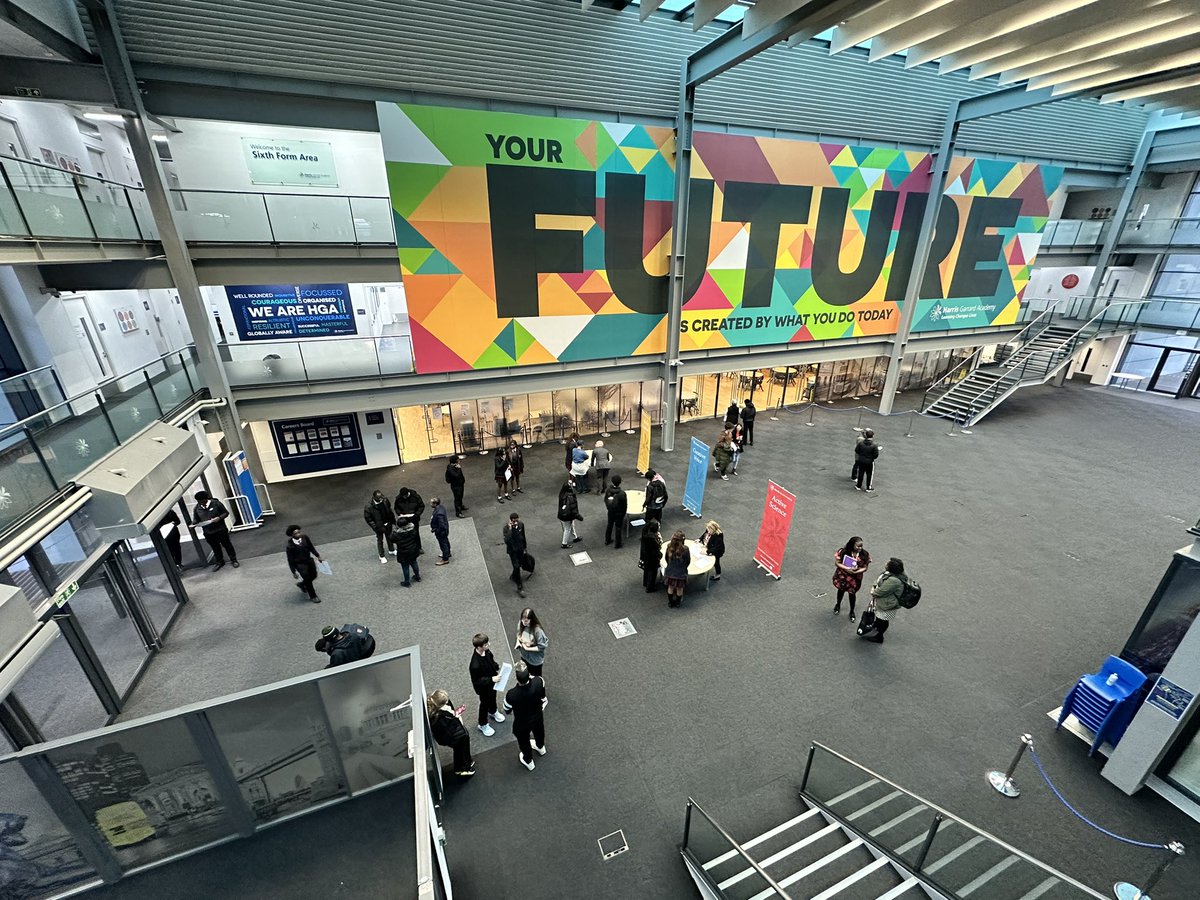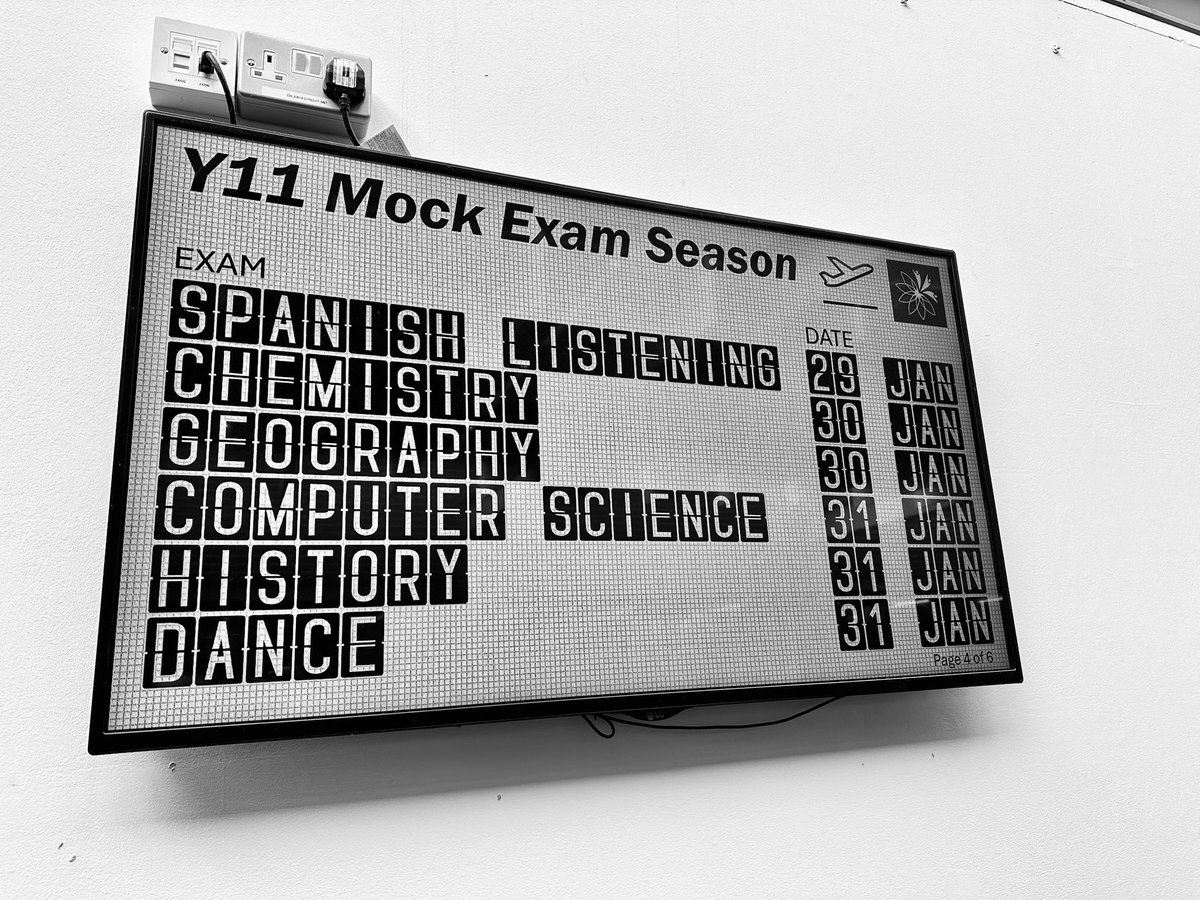Sociology
The aims of the Sociology course are to stimulate interest in the study of Sociology, and to enable students to gain knowledge of theories that explain society in various ways and apply them to the real world.
Students have the opportunity to become independent thinkers and develop a range of knowledge and skills (including literacy, numeracy, evaluation and application) which are valued by higher education and employers.
Students explore a variety of topics, ranging from crime to religion, from the family to the state, to divisions of race and social class. Furthermore, the Research Methods in Context unit encourages an active involvement with the research process.
Sociology is exciting, interesting and relevant to students' lives. The course builds on skills developed in the sciences and humanities, and enables progression into a wide range of other subjects - for instance the impact of feminism throughout history and the changing influence of religion and beliefstoday.
Key Stage 4 overview
Year 10 students study a foundation unit during the autumn term which develops their understanding about sociological theories and key concepts so that they are ready to fully undertake the course.
Moving into Autumn 2 and Spring 1 students explore key trends regarding modern families in the UK and sociological perspectives around the role of Families and Households. Students will then move on to exploring statistics around educational achievement in the UK, changing policies in the UK education system and explore theoretical perspectives evaluating the role of the education system.
At the end of Year 11 students will look at Research Methods, allowing them to make synoptic links between key methods and topics they have done throughout the year.
Students will examine the Social Differentiation and Stratification unit at the beginning of Year 11 where they will identify and explore differing life chances and inequalities amongst different social groups in modern Britain. Students will then study Crime and Deviance where they will explore patterns behind crime statistics in the UK and issues of social order and social control. The end of the year will focus on revision and exam practice for external exams.
Key Stage 5 overview
At A Level, Year 12 students spend the first week analysing sociological theories and concepts.â¯They will then study Education and Methods in Context. In the Education unit they will explore the role of education, social differences in education achievement and the history of the education system.
Method in Context encourages students to evaluate the usefulness of key research methods when exploring key debates in The Sociology of Education. In Spring, students will engage in the Families and Household unit where they explore changing family patterns and sociological theories around the family. At the end of Year 12 students will be introduced to Beliefs In Society.
In Year 13, students will complete the Beliefs In Society unit exploring the Sociology of Beliefs and examining key debates such as the role of religion, the extent of secularisation and the growth of new beliefs within Society.
Students will then move on to Crime and Deviance where they explore patterns of crime and explanations behind these patterns. Students will then complete the course by engaging with the Theory and Methods Unit; which will allow students to revisit key theories and methods in more detail. The end of the year will focus on revision and exam practice for external exams.
You can download Knowledge Organisers for each year group from our Knowledge Organisers page.
For queries about the curriculum please contact Helea Mbakam-Nitcheu H.MbakamNitcheu@harrisgarrard.org.uk
Further details of the curriculum can be found below.





















